HAYA Music Sharing Session: Committed to spreading Chinese culture and infecting everyone with music
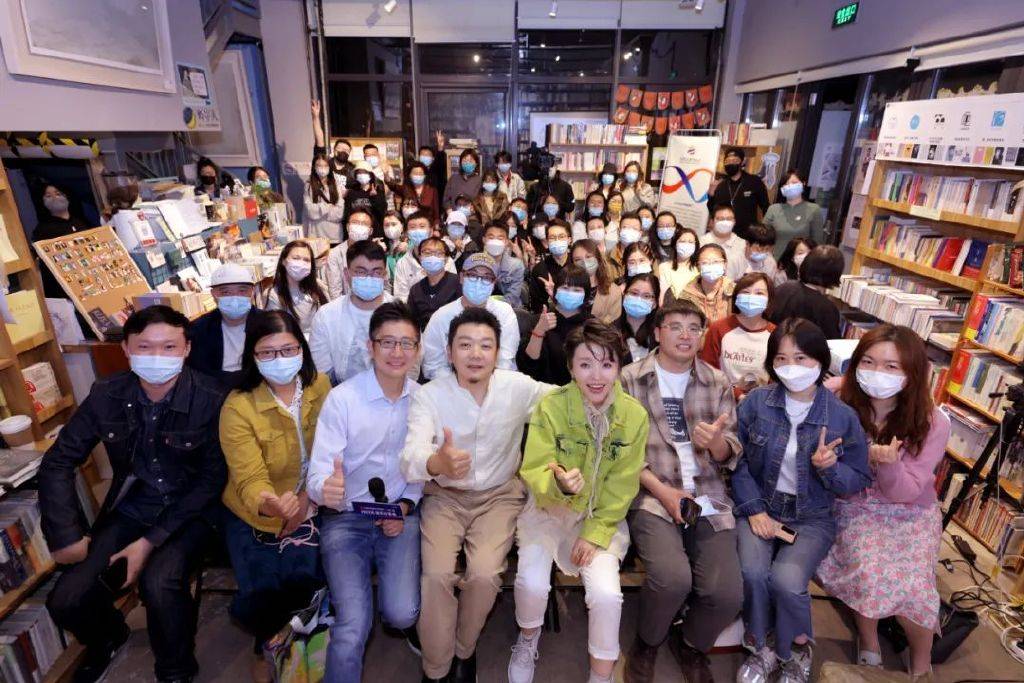
About Matouqin
Quan Sheng, the founder of the orchestra, is the first matouqin performer in China to board the Musikverein in Vienna. In 1993, together with Tengger, he founded the "Blue Wolf Band". In the following years, he also continued to explore the future development direction of matouqin, a traditional grassland musical instrument, in practice.
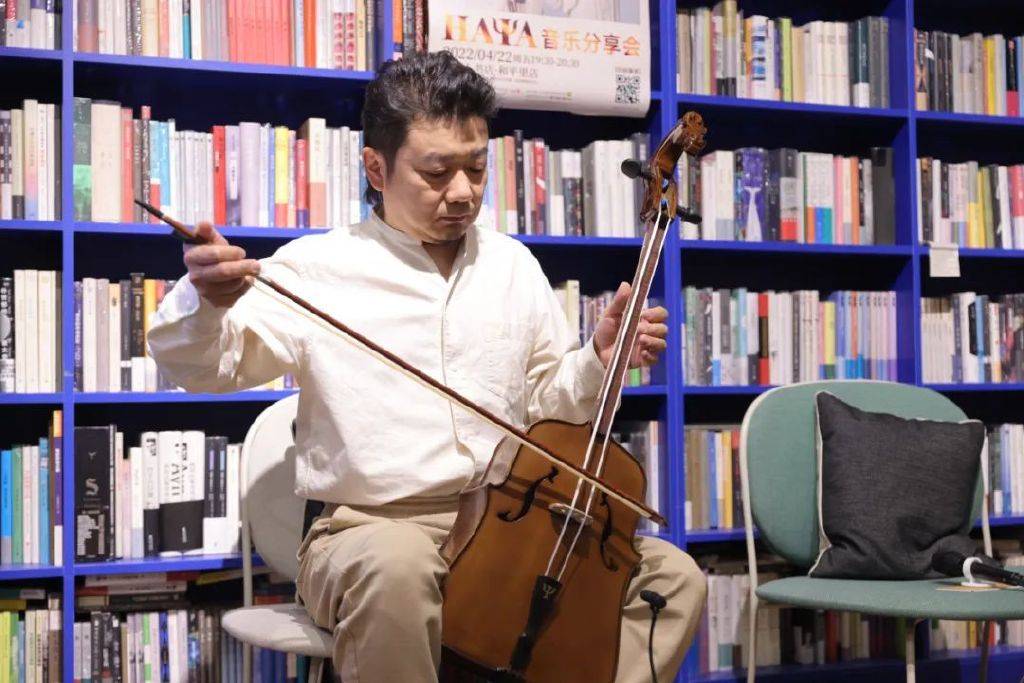
Complete victory: hope to turn the matouqin into a musical instrument acceptable to the world
Many people think that matouqin is only limited to the Mongolian people. In fact, every ethnic group has its own excellent music. The Mongolian music is deep, inner, Mongolian long and high-pitched, but purely in terms of rhythm, the Mongolian rhythm is not too much. complicated. In addition to the rhythm, passion, and galloping feeling of horses in Mongolian music, the main character of Mongolian people is deep and inner, especially on the grasslands, if you are going to the Mongolian family's home Especially good at words and expressions.
Most Mongolian nomadic cultures are actually very lonely and lonely on the grasslands, and there are very few people, so the process of getting along with nature all year round is insignificant, and people can only live in harmony with nature for the longest time. There is no concept of environmental protection in the hearts of Mongolians, but their own life is environmentally friendly, including our living in yurts, including the way of life of migration. We migrate in different grasslands in spring, summer, autumn and winter. This migration process is actually for the grasslands again and again. The opportunity to rest, after walking around in spring, summer, autumn and winter, and returning to the spring pasture, there is almost no trace of life. Even if a horse stake is pulled out, the hole in the grassland will be filled.
If I don't play the matouqin, I will become a repairman. I especially like to repair things. If something breaks in the house, I will fix it. This is my hobby, so what makes me different from others is that in addition to enjoying the traditional matouqin, I also like to use the computer to arrange, record, mix down, and combine the technological and traditional. Along the way, I always hope that Chinese traditional music can find a way that everyone can accept, that is, the music of the world and the music of the global village.
Many people in Inner Mongolia say that the matouqin cannot be changed, and it cannot be changed once it is changed, only in the Mongolian people. But in fact, what we pull now is changed. Many years ago, our grandparents actually changed the pull. Therefore, the times are different and we have been making progress. We hope to find a scientific understanding that is recognized by everyone.
In practice, I found a lot of problems with the matouqin. It is not suitable for different instruments. I have been changing it to electric, microphone and various things. In the end, we determined that there are African drums, Arabic drums, wooden drums, etc. Guitar, bass, I am a string instrument, so there are plucked, percussion, and string instruments, including harmonics, lines, grains, and now Dongbula, which uses the least number of people to express the most complete configuration, so that all the way to the present.
About HAYA
The 15-year-old HAYA band has released seven albums and countless singles, infecting everyone around us with very high-quality music. From the initial commitment to Mongolian music, to the continuous expansion of their own musical territory to try more musical possibilities, they are also committed to spreading traditional Chinese national culture, including connecting Chinese culture and world culture. The messenger of music dissemination also builds a bridge between Chinese culture and Western culture.
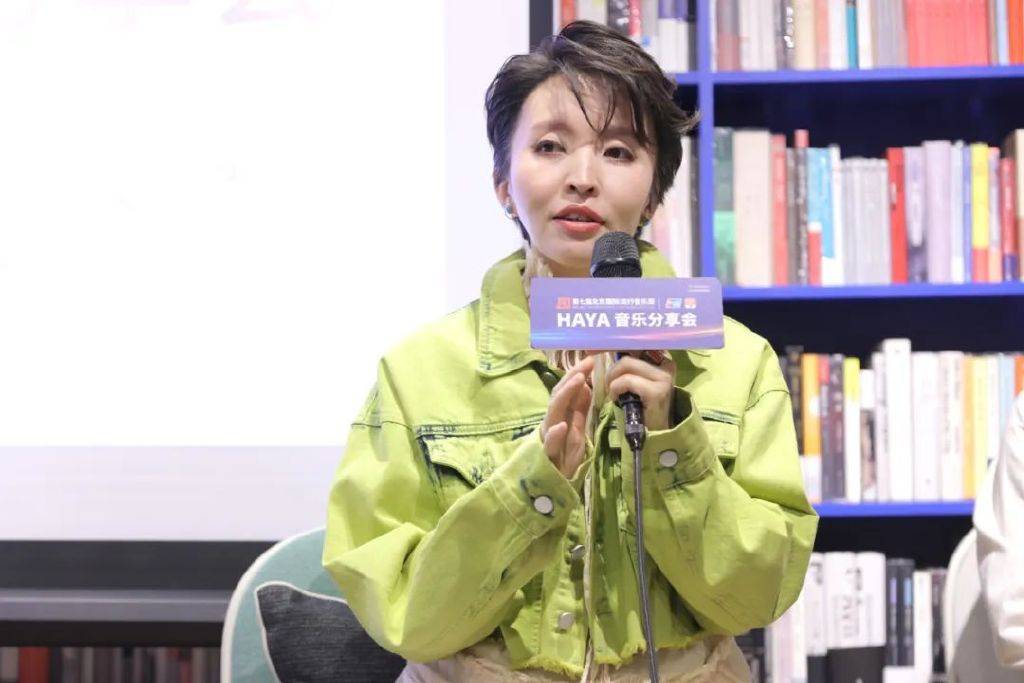
Daiqing Tana: I feel very cherished and satisfied with every day now
We have been together for 15 years, and this year is the 16th year. The concert at the Beizhan Theater was postponed to May this year due to the epidemic last year. In fact, HAYA has never repeated itself too much. If you take out every piece of music and listen to it, everyone are changing. When the "Silent Sky" album became the sales champion in Taiwan, the boss also told me that you must record such a quiet song again, it will be very marketable. But at that time we just had an ideal, we wanted to seek our ideal music, and we didn't think about how much practical benefits it would bring us, so along the way, there were these attempts. Maxima often has it, but Bole does not often have it. Teacher Quansheng will find the shining points in us, including Xibo and Ale.
In the past fifteen years, we have been waiting for everyone to mature and grow up, and the creativity in everyone is getting richer and richer. When everyone can be on their own, our music has appeared in a richer dimension. In the past 16 years, how do we want to show our concerts is more about our impression of the imprint of the past 16 years. We want to show the songs in the new album that have not been released or heard yet. , to sing for the first time at our concert. It was good for people who could come to the concert that day. You can hear the songs from the new album that are not available on the Internet. We still want to uphold our sense of ritual, our life is getting less and less ritual, seeking speed and speed, but I think HAYA will continue forever.
The vitality of music can only be completely together at the scene, because a concert is not just the musicians on the stage, but we complete it with all the audience off the stage. You give back, we express it, everyone is actually in an invisible space, and the frequencies alternate with each other, which will bring a lot of chemical reactions, and will also inspire the musicians and singers on the stage to give them a live creation. force.
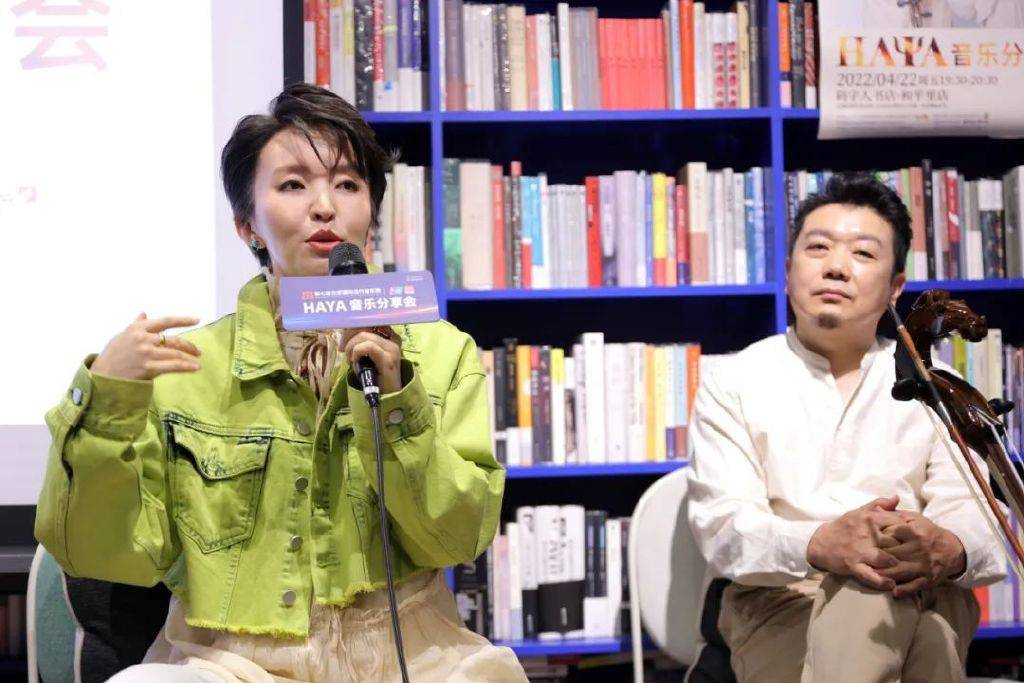
Live Q&A
Tana's eloquent talk and the melodious sound of the violin made this music sharing session seem to pass faster! At the end of the event, the two teachers also interacted with the audience and answered various questions about HAYA that were of interest to the audience.
Q: How does Mr. Quansheng balance teaching, creation and performance?
Quan Sheng: How do I balance my hobbies and my job? I graduated from the University for Nationalities and stayed there for more than 30 years in 1991. What I have not given up for so many years is to think about how to make the music of our ethnic minorities more popular. In this process, I am more willing to do more practical things, not just tell you the knowledge from books. Because first of all, I have to understand it myself, and then I will teach others after I understand the matouqin. During this process, I became the HAYA Orchestra, and many people didn’t know that I was from the Minzu University. Because of this conflict, I recently made a decision to resign from the job as a professor and department head of the Minzu University of China, to become a HAYA and a matouqin. Because I think my energy is also limited, I hope to put more energy on the practice I like, HAYA I like, and Matouqin I like.
Q: Teacher Quansheng, I am a Han nationality, but I especially like ethnic music. Can the teacher give us some suggestions to learn Mongolian culture and Mongolian music?
Quansheng: No matter what nationality, as long as it is love, no matter what style, I think matouqin can be performed, so I hope more people will learn matouqin, because my current playing method is the same as the original top string. It is different and more comfortable. Anyone who has played the erhu, guitar, or cello can learn it. In the future, if you learn how to play the HAYA card, I am willing to teach you.
Q: How do you balance the national and global aspects of music in your music?
Quansheng: How to balance the two concepts of tradition and modernity, I started from the name HAYA, HAYA is Mongolian "edge", why is it called edge, I come from the edge, I come from the grassland, in the process I came from the grassland The county seat, from the county seat to Hohhot, then to Beijing, and then to other countries around the world, I have always felt that I was in a marginal state. I have always hoped that the voice of the fringe can be heard by more people, especially I found that the music of the fringe, including the ethnic minorities, has a very rich and beautiful emotion from the land and blood, which particularly touches me. At the same time, I have been thinking about such a How to let more people hear it? When we hear it, we just repeat folk songs. I don’t think it’s enough. Therefore, the orientation that I have been looking for is the direction of world music based on national music. I want to find the commonality of human music, which is the three major elements, melody, harmony, and rhythm. identify. For example, your voice is not correct. My grandparents sang like this. I have to sing like this, which is not right. The society is developing. From Inner Mongolia to Beijing, it is necessary to take an ox cart. It is not right if other carts are not used. So I want to pass it on while protecting it, and that's something I've been thinking about.
Q: The day of the event (April 22) is Earth Day. More and more people are paying attention to the earth's ecological environment and advocating a low-carbon green life. Do you usually choose a low-carbon way to travel? What are the low carbon practices in life?
Tana: I'm very low-carb myself, I can't drive, I've been taking the subway. The older generation will always tell us how to use water. We never wash things in water. We only use the water after we tap it. We also don’t pour things into the river, let alone take a bath in the river. Because the elders will say that all the animals that come down this river must use it, not you alone. We don’t dig holes in the grasslands, and the ones that have been dug must be landfilled. When migrating, if anyone leaves a lot of traces and rubbish, they will be laughed at, and whoever does not leave traces is very powerful. Without our own tombstones, we do not leave traces of coming and going. We do not have our own epitaphs. Nomads have always lived in such a low-carbon and environmentally friendly way of life. Although we don't need to live a hard life now, this simple wisdom is already in our genes, so we will have such warnings when we use water and electricity at home, including eating out food, to cherish water.
Today is Earth Day. This day is particularly meaningful. The first words of HAYA from the beginning of its establishment are to take care of our homes and our hearts. Maybe in HAYA's music, there are very few topics about love that make people all over the world go crazy, but about home, we should be in harmony with it, nature has been giving us messages, since the first album It has continued to the present, including the relationship between our mind and the environment. So I think people who come to listen to HAYA's music may also feel such a breath from the grassland. There are many parents who are willing to bring their children, and they say your songs are very healthy and very green.
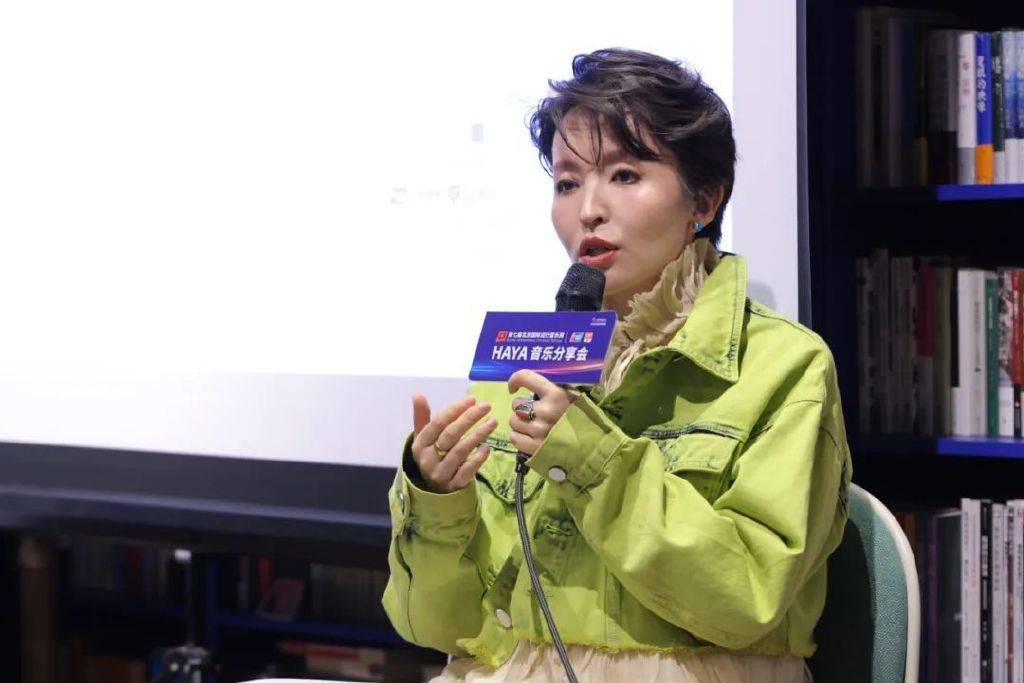
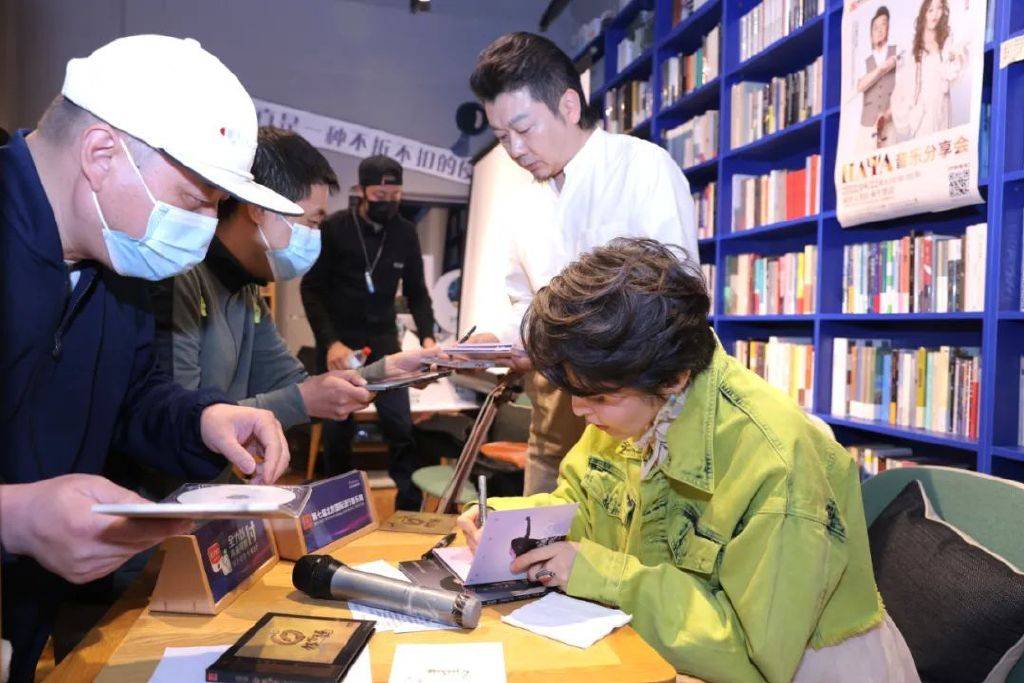
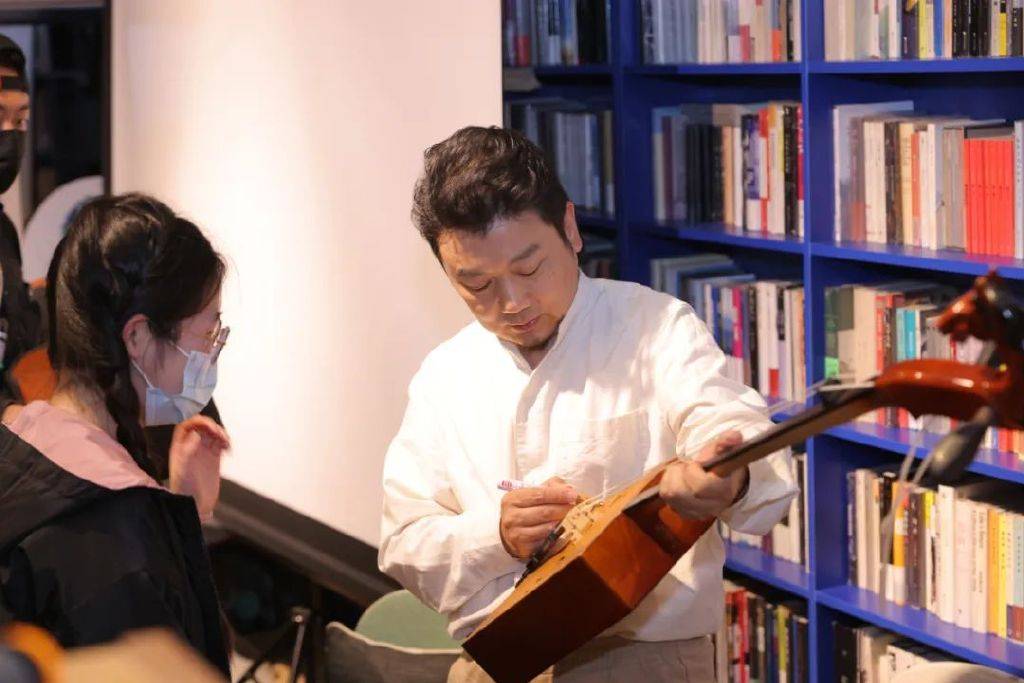
 渝公网安备 50010702504639号
渝公网安备 50010702504639号